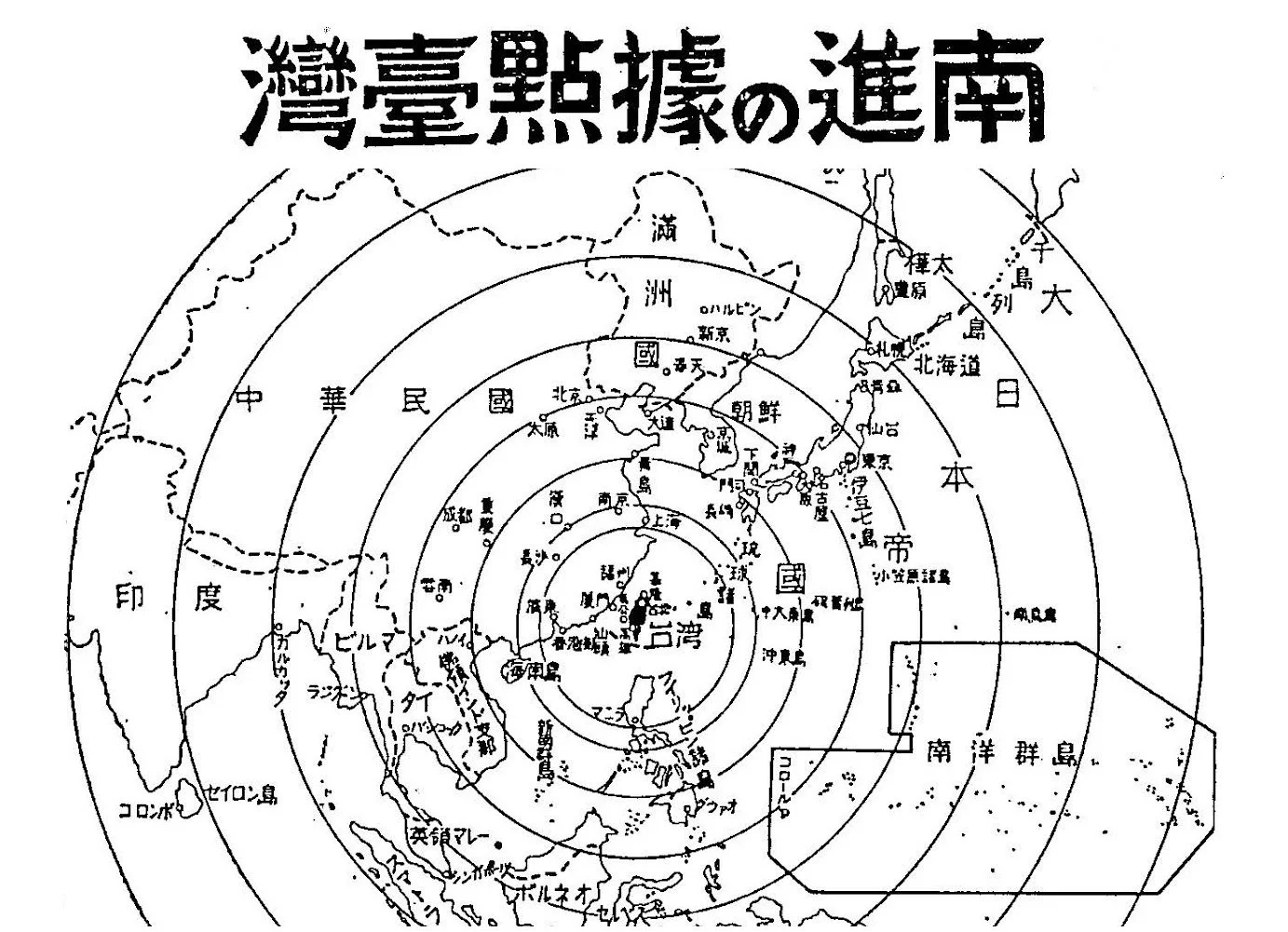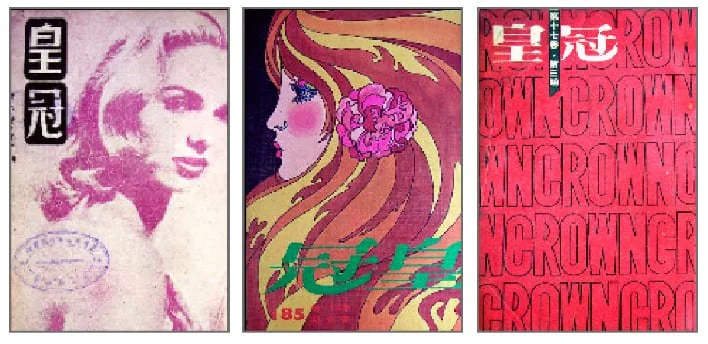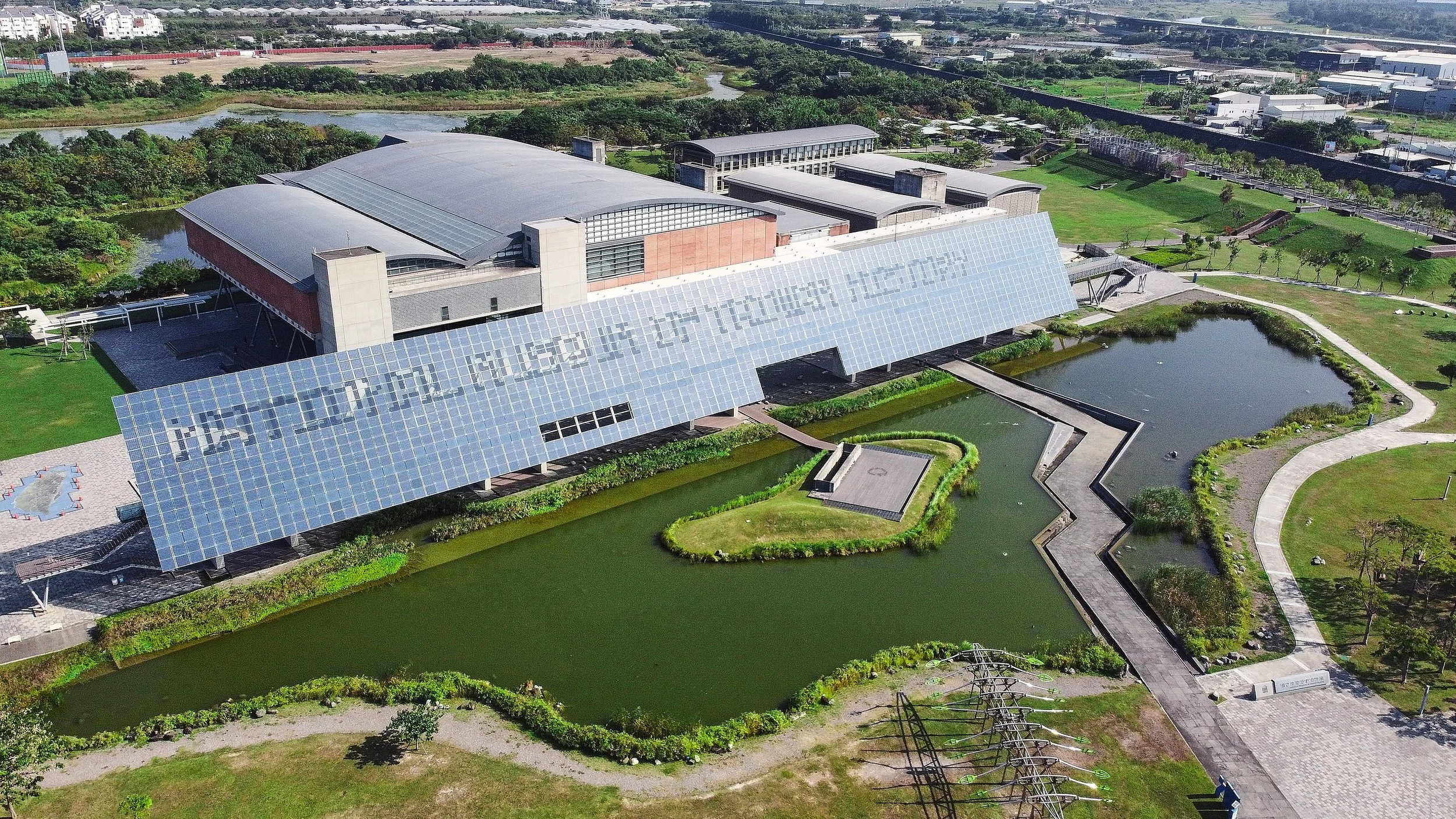All tagged Taiwan History
We are pleased to discuss with Professor Seiji Shirane the intermediary role of colonial Taiwan and overseas Taiwanese subjects in the Japanese Empire’s southern advance in South China and Southeast Asia. Part 2 covers Professor Shirane’s thoughts on his book’s potential reception in Taiwan, his pedagogical and historiographical interventions in the field of modern Japanese history, the goals of the newly founded Modern Japan History Association (MJHA), and his advice to graduate students studying Taiwan history in North America.
We are pleased to discuss with Professor Seiji Shirane the intermediary role of colonial Taiwan and overseas Taiwanese subjects in the Japanese Empire’s southern advance in South China and Southeast Asia. The interview is published in two parts. Part 1 details Professor Shirane’s academic trajectory and the historiographical interventions that his scholarship builds on and further extends.
The 1950s Taiwan was commonly known as an era of political suppression. Yet, elements of Taiwanese culture flourished during this period, paving the way for the growth of Taiwan’s entertainment industry. This article considers the role of radio and magazine in giving a “voice” to Taiwanese society under martial law.
During the 1960s and 1970s, Keelung was famous for its indent store business, a trade that specializes in consigning goods for sale or purchasing imported goods. How should we understand the rise and fall of the "indent store" business in relation to the historical formation of Keelung city?
The field of Taiwan history has gained increasing visibility in academia, both in Taiwan and abroad. Yet the production and dissemination of Taiwan-related knowledge in Taiwan before the lifting of martial law in 1987 faced great difficulty. How did the founding of the National Museum of Taiwan History (NMTH) changed the way we approach Taiwan history? This interview features as part of our special issue: Encountering Everyday Life: Taiwan in Museums.
The field of Taiwan history has gained increasing visibility in academia, both in Taiwan and abroad. Yet the production and dissemination of Taiwan-related knowledge in Taiwan before the lifting of martial law in 1987 faced great difficulty. How did the institutionalization of Taiwan history as an academic field in and of itself changed the way we approach Taiwan history? This interview features as part of our special issue: Encountering Everyday Life: Taiwan in Museums.
In Taiwan, using a steam rice cooker is an everyday experience. However, up until the 1960s, the big stoves, briquette stoves, and kerosene stoves still enjoyed widespread popularity. How did the steam cooker eventually step into Taiwanese homes and become one of its essential kitchen appliances? This article will present a few facts about the steam rice cooker, examining the history of its growing popularity in Taiwan.
George Leslie Mackay, a Presbyterian missionary based in late nineteenth-century Tamsui, might be the most well-known Canadian in Taiwan. His last surviving granddaughter, Margaret, passed away earlier this week.
For decades, the Love River (愛河 Ai He) has always been a sparkling spot of Kaohsiung’s cityscape. In this article, readers will find out how the story of this beloved river intertwined with the city’s century-long history, from the Qing Dynasty, the Japanese colonial era, to the twenty-first century.
During COVID-19, exceptional public health measures were adopted by nations to secure their populations from disease and death. In imperial Japan, practices and discourses of public health played an equally important role in transforming the nation into a civilizing power fit to survive in the modern world. What can we learn from the practice of mask-wearing in colonial Taiwan?
Seven decades after the 228 Massacre, survivors and relatives in Taipei City and Taipei County recount their experience and anguish.












